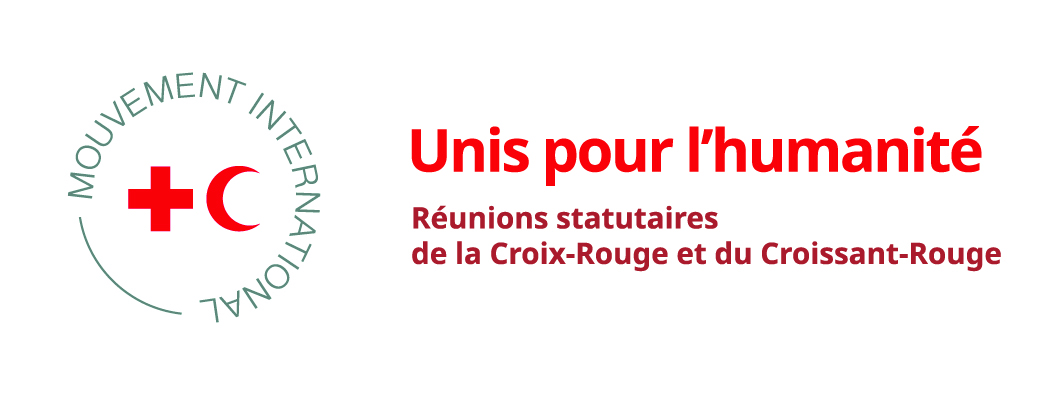A) Objectifs de l’engagement
The objectives of this pledge are to strengthen the commitment to international humanitarian law (IHL) of Pacific countries. The pledge is linked to Commission I of the 34th International Conference of the Red Cross and Red Crescent, entitled “Building a Global Culture of Respect for International Humanitarian Law (IHL),” aims to give effect to [Resolution 1 of the 34th International Conference entitled “Building a universal culture of compliance with international humanitarian law”] and further reinforces the implementation of Resolution 1 of the 33rd International Conference entitled “Bringing IHL home: A road map for better national implementation of international humanitarian law.”
Through the Geneva Conventions of 1949, which are universally ratified, States have committed to respect and ensure respect for IHL in all circumstances. In order to secure the guarantees provided by the Geneva Conventions and their Additional Protocols, it is essential that all States Parties implement their provisions to the fullest possible extent, in peace time as well as in times of armed conflict. Implementation requires States to adopt a number of internal laws and regulations. In addition, States Parties are obliged to spread knowledge of the Conventions and Protocols as widely as possible in their respective countries. These obligations are supplemented by the complementary mandate of National Red Cross and Red Crescent Societies under the Statutes of the International Movement to disseminate and to assist their governments in disseminating IHL.
At the 4th Pacific Islands Roundtable on International Humanitarian Law, governments and National Red Cross Societies of Pacific Island States reaffirmed their commitment to IHL as the set of minimum standards to preserve humanity in times of war. At the Pacific Partnership Forum of National IHL Committees, States and National Societies recognised the value of national IHL committees as mechanisms to coordinate efforts for the adoption, implementation and dissemination of IHL.
B) Plan d’action
With the objective of contributing to a culture of respect for IHL, the signatory governments and National Red Cross Societies pledge to do one or more of the following:
- Establish, renew or maintain a national IHL committee or similar body that is active in its functions;
- Enhance the awareness and support of parliamentarians for IHL by providing briefings to members of parliament and/or distributing up-to-date handbooks on IHL for parliamentarians; and/or
- Take initiatives to engage with young people on IHL and humanitarian principles.
C) Indicateurs permettant de mesurer les avancées:
- That national IHL committees or similar entities have an annual meeting schedule with at least one meeting held each year
- National IHL committees achieve one or more actions identified in annual work plans
- Number of engagements with parliamentarians on IHL
D) Ressources nécessaires:
The States and National Societies will determine the resources that may be required to carry out this pledge based on the actions to be taken in their specific context.
The establishment and maintenance of a national IHL committee principally requires the time of committee members according to the agreed work plan and frequency of meetings. While not essential, a modest budget can assist the secretariat in its functions and support the activities of the committee according to the agreed work plan.
Briefings to parliamentarians may require time to update context-specific handbooks for parliamentarians on IHL and financial resources to have these materials printed. A generic handbook for parliamentarians is available online for free if those resources are not available.




